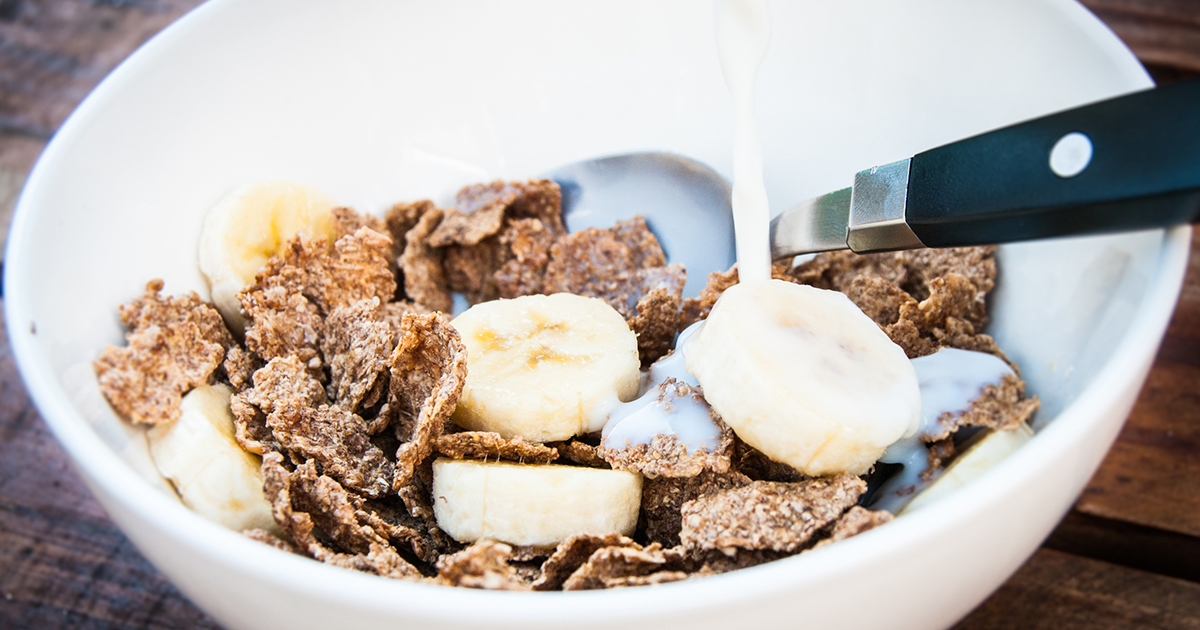Guide To The Healthiest Vegan Vitamin B12 Sources
The human body needs a variety of different minerals and vitamins to survive, as nutrients play an important role in regulating the health of all body systems. Vitamin B12 helps protect the nervous system, form red blood cells, synthesize DNA, and provide energy for the body's cells. The amount of vitamin B12 an individual should take daily depends on their age, and for teenagers and adults, the daily recommended amount is 2.4 micrograms. As most sources of vitamin B12 are from dairy, eggs, and meat, vegans and vegetarians need to pay particular attention to their vitamin B12 levels, since they are naturally more prone to vitamin B12 deficiency.
Fortified Breakfast Cereals

Many individuals skip breakfast, but even having a little food helps restart their metabolism and provide energy for the day ahead. Some fortified breakfast cereals contain a lot of vitamins and minerals necessary for healthy function. If a cereal is fortified, it means it has extra nutrients added to help regulate the individual's body. Many breakfast cereals have vitamin B12 added to them, and individuals can look at the nutrition facts label on the box or package to see what other nutrients are inside. Studies have shown both adults and children who consume fortified cereals have healthier functioning from day to day. They're more likely to have the right amount of minerals and vitamins necessary for the day.
